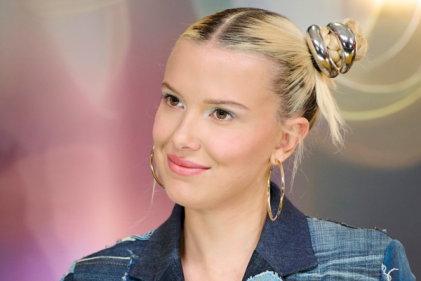Injuries to your child’s face and teeth most commonly occur while playing sport, riding bikes and generally being children. It’s important that your child sees a doctor or dentist if there is damage to the face or teeth.If your child knocks out a baby tooth, don’t try and put it back in as this can lead to problems later on when the adult tooth comes through. Losing a baby tooth prematurely isn’t a major dental problem but it is necessary to take your child to the dentist immediately to see if there is an issue.
Losing an adult tooth is more serious, but there are some things that you can do which may keep him from losing the tooth permanently:
- Find the tooth.
- Hold the tooth by the crown as opposed to the roots.
- Rinse the tooth in milk or saline (salt and water) solution for a few seconds if there is any dirt on it.
- Don’t allow the tooth to dry out.
- Immediately place the tooth back in it's socket
- Hold the tooth in place with tinfoil.
- Visit your dentist immediately.
If for some reason you can’t replace the tooth in its socket, place the tooth in milk or saline solution and visit the dentist immediately.
If your child chips a tooth, keep the broken piece of tooth and store it in milk. Visit your dentist immediately.
Mouth guards
Mouth-guards are a good idea for kids who enjoy playing sport.There are three mouth-guards available:
- Ready-made
- ‘Boil and bite’, which mould to fit around your child’s teeth and jawbone
- Custom-made. These provide the best protection as they are specifically made to fit your child’s teeth and jaw.
When selecting a mouth guard, opt for one that:
- Is thick enough (4 mm) to provide protection against impact
- Fits snugly and is comfortable
- Is odourless and tasteless
- Allows normal breathing and swallowing
- Allows normal speech
To help your child’s mouth guard stay clean:
- the mouthguard should be rinsed before each use and brushed with toothpaste afterwards
- Clean it once in a while in soapy water, making sure to rinse thoroughly
- Carry the mouth guard in a container that has vents
Show the mouth guard to your child's dentist at his next appointment to make sure it fits correctly. Your child may need a new mouth guard when he gets his new adult teeth.









